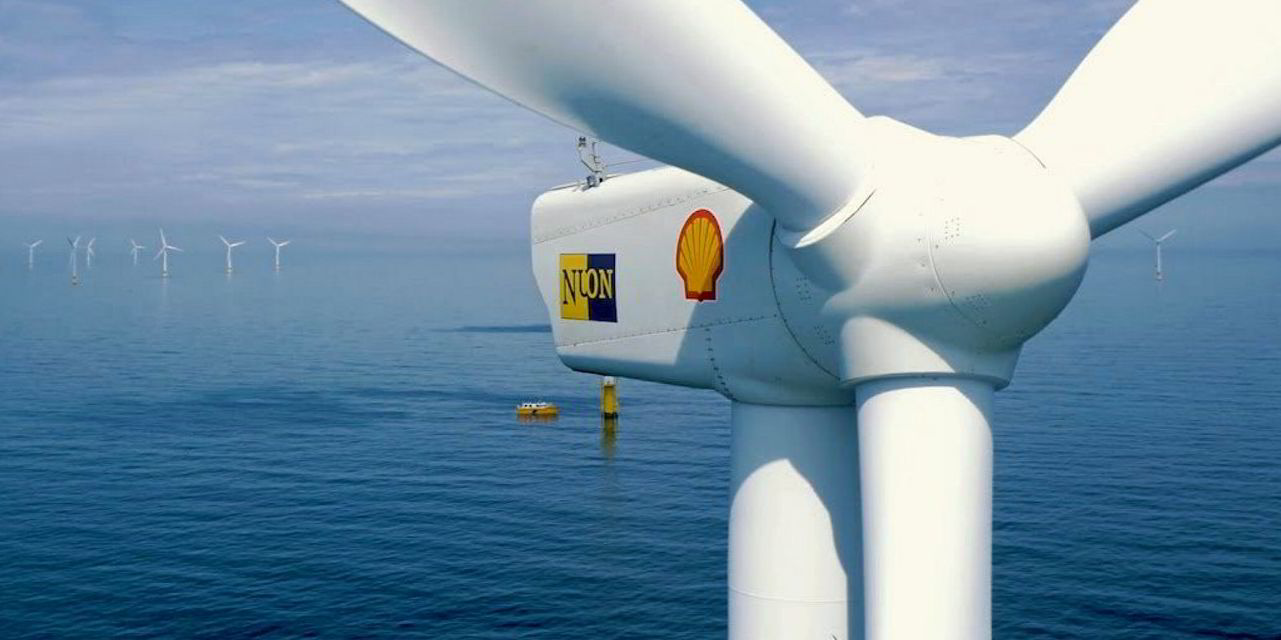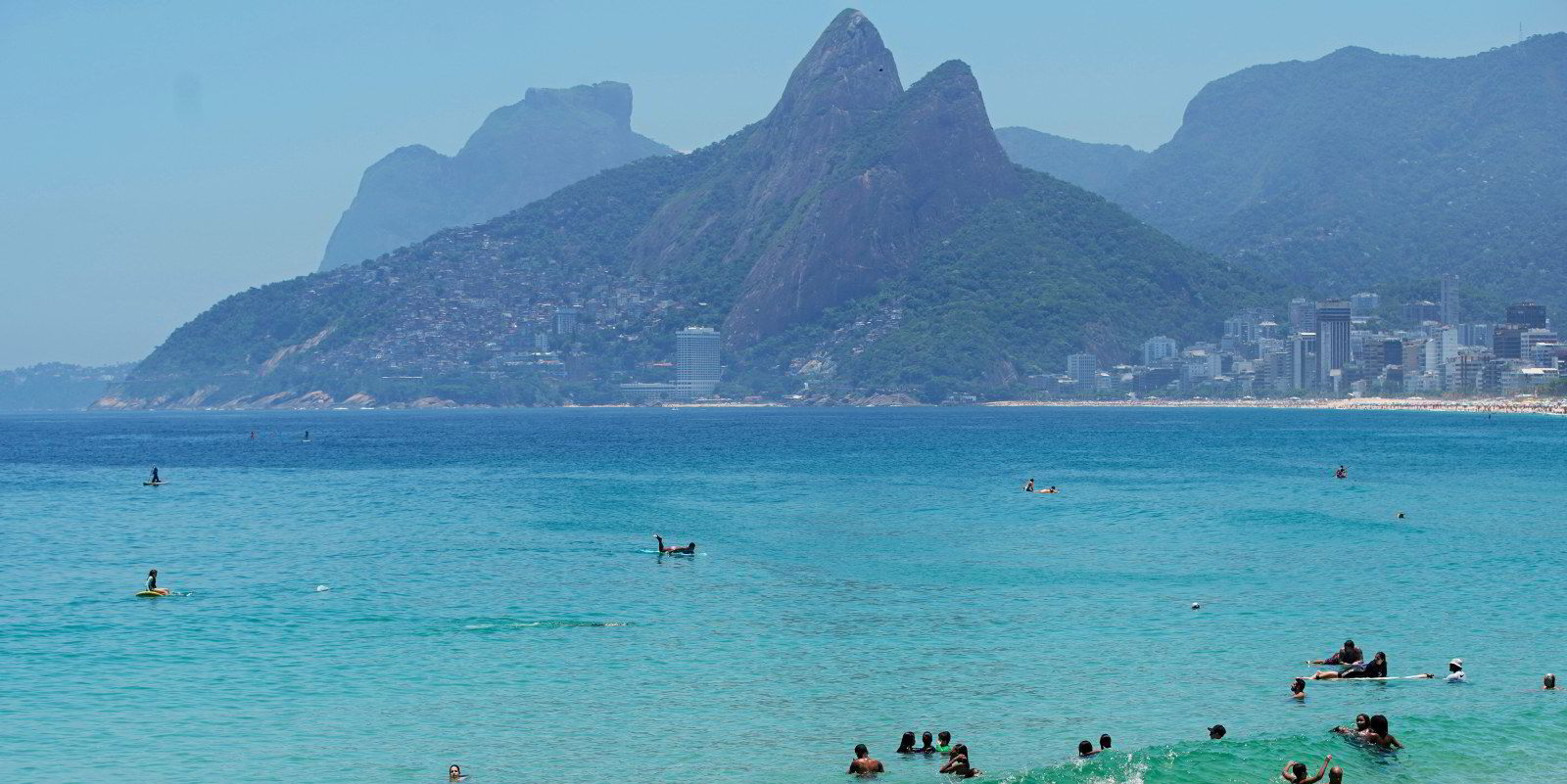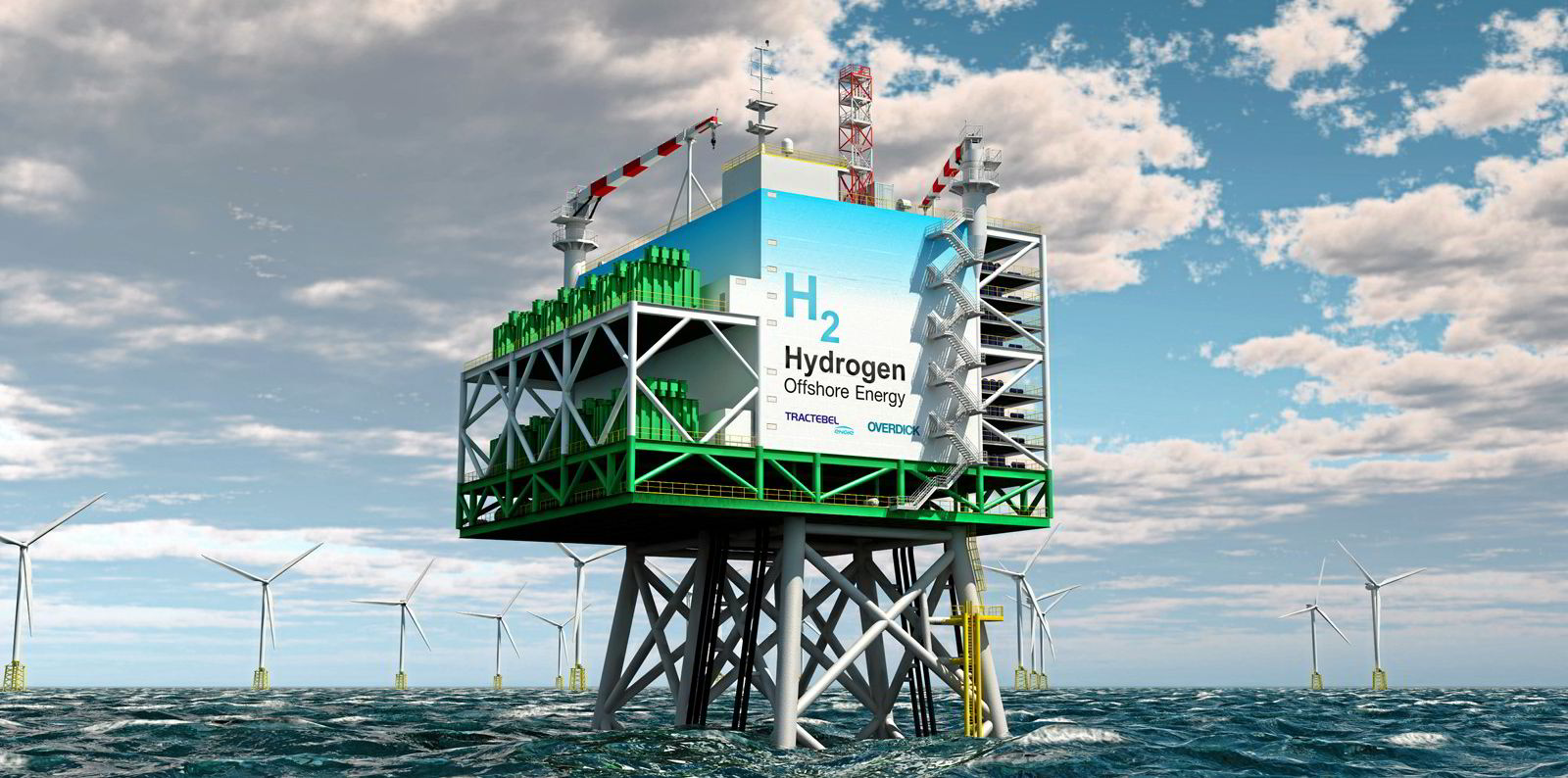Shell aims to start environmental studies for a potential 17GW of offshore wind in Brazil, in a major new expansion of the oil supermajor’s plans for the sector.
Shell has made initial licensing applications with the Brazilian environmental agency IBAMA for development in six areas off a clutch of states in the South American nation – Piauí, Ceará, Rio Grande do Norte, Espírito Santo, Rio de Janeiro and Rio Grande do Sul.
The group hopes to start environmental studies this year for the projects.
“With more than 20 years of experience in wind energy [worldwide] and more than 50 years of tradition in offshore projects, Shell intends to combine its expertise on these two fronts with the aim of providing more energy and clean energy to the country,” said Gabriela Oliveira, Shell renewable generation manager in Brazil.
Shell does not specify the respective role of fixed-foundation or floating wind projects envisaged or give any timeline when the first turbines could be in the water.
The Brazilian ambition adds to Shell’s offshore wind activities that already include the US – where it was successful in the recent New York Bight leasing round – Scotland, where it is planning 5GW of floating wind projects in conjunction with Iberdrola, the Netherlands and South Korea.
Brazil has long been seen as one of the world’s most promising new markets for offshore wind.
The country’s energy planning agency EPE as part of its Offshore Wind Roadmap in 2020 had estimated the country’s offshore wind potential as high as 700GW off its 8,000km coastline.
According to a World Bank estimate, the country has a theoretical potential of 1,200GW for wind at sea, of which 480GW is seen as bottom-fixed in depths of up to 50 metres and another 748GW as floating plant in deeper waters.
Several sector heavyweight have already expressed interest, among them Equinor, Iberdrola and China’s MingYang. The first two are seeking licenses for 4GW and 9GW respectively, joining local players Bi Energia and Asa Branca.
Slow regulatory progress
However, regulations to govern growth of the sector have moved at a snail’s pace compared to its onshore wind sector where Brazil is the regional leader.
The Brazilian government in January issued a decree assigning planning and permitting competencies for offshore wind development, in what was seen as an important step ahead of possible first auctions in 2023.
Industry officials said the decree was a good start but still left many details unresolved and retained too much complexity, renewing calls for a ‘one stop shop’ for developers that can cut through the red tape.
Shell said of its latest move: “While awaiting the definition of the rest of the regulation that will guide the development of these projects in the country, the submission… to IBAMA is a first step to ensure the best study of the areas and the sustainable and responsible development of the necessary investments for licensing.”




